
It began with a joke, as these things tend to. In accepting his Television Academy Hall of Fame award, Conan O’Brien joked that late-night television was once “a service crafted to divert college students until science could refine the internet and web pornography.” Underneath the punchline was a sobering reality: the form that’s been a mainstream staple since the 1950s is on life support. And Stephen Colbert’s cancellation of “Late Show” is the latest and loudest call to wake up.
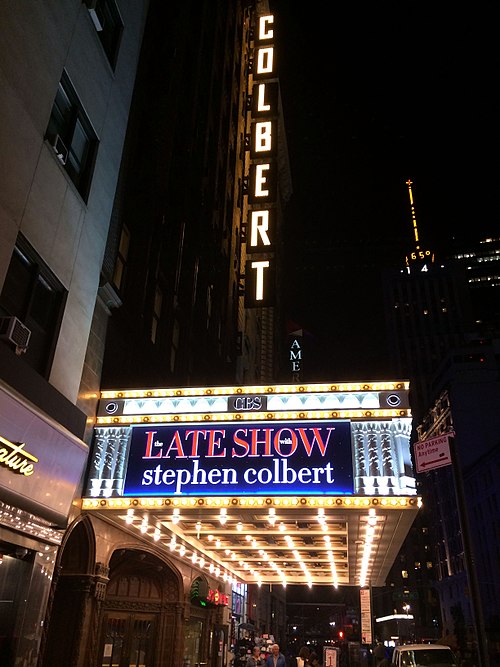
1. The End of Late-Night as We Know It
O’Brien didn’t mess around: “Yes, late-night television as we have known it since about 1950 is going to go away. But those voices are not disappearing.” His faith in Colbert’s longevity is well-founded. Colbert has routinely been the biggest host in the 11:35 p.m. slot, with an average of 1.9 million viewers during its latest season. Yet the economics are merciless Paramount sources report that “The Late Show” was losing over $40 million every year despite its ratings dominance.
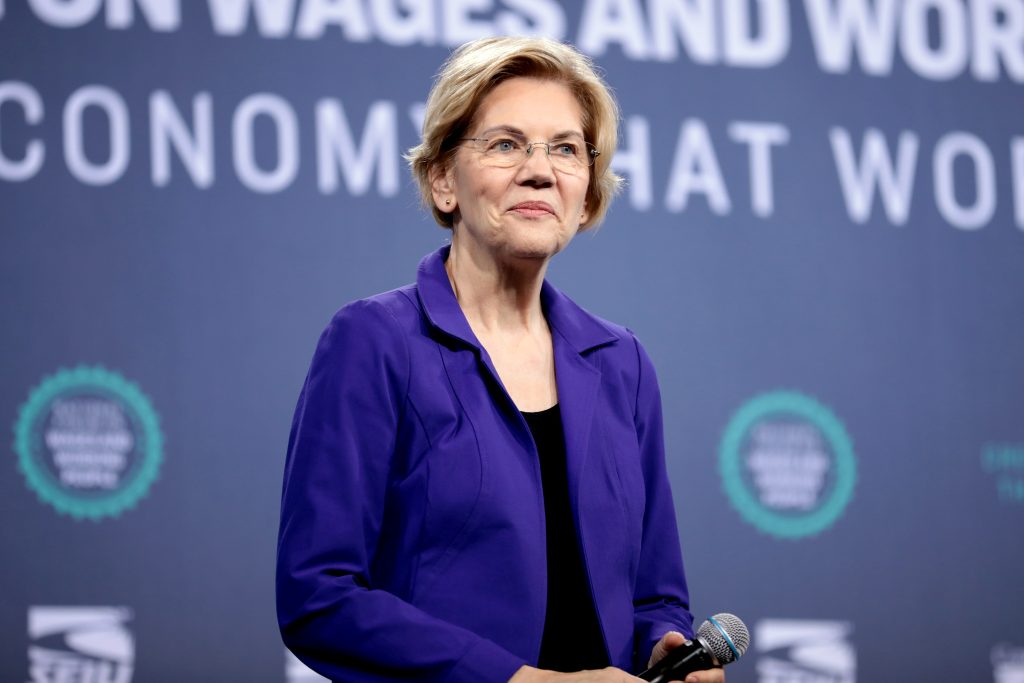
2. The Political Shadow Over the Cancellation
The CBS and Paramount line is that the move was “purely a financial decision in the difficult backdrop at late night.” But the timing days after Colbert denounced Paramount’s $16 million settlement with Trump as a “big fat bribe” has fueled criticism. Lawmakers such as Sen. Elizabeth Warren have spoken out against whether the step “reeks of corruption.” Trump himself toasted the show’s demise, a triumphal lap after years of being Colbert’s go-to target.
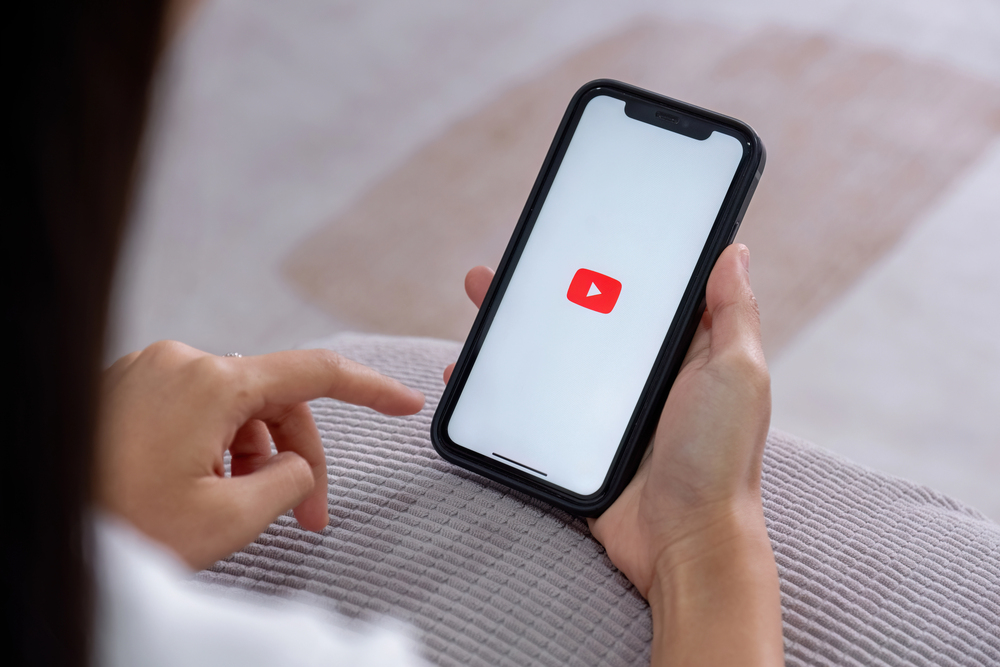
3. Economics Trump Nostalgia
Even without the political drama, the math doesn’t work. Late-night ad revenue has collapsed by 50% since 2018, dropping to an estimated $220 million in 2024. The pay-TV bundle is shrinking, and advertisers are chasing live sports instead of comedy monologues. As one CBS insider put it, “YouTube is digital dimes versus network dollars.”
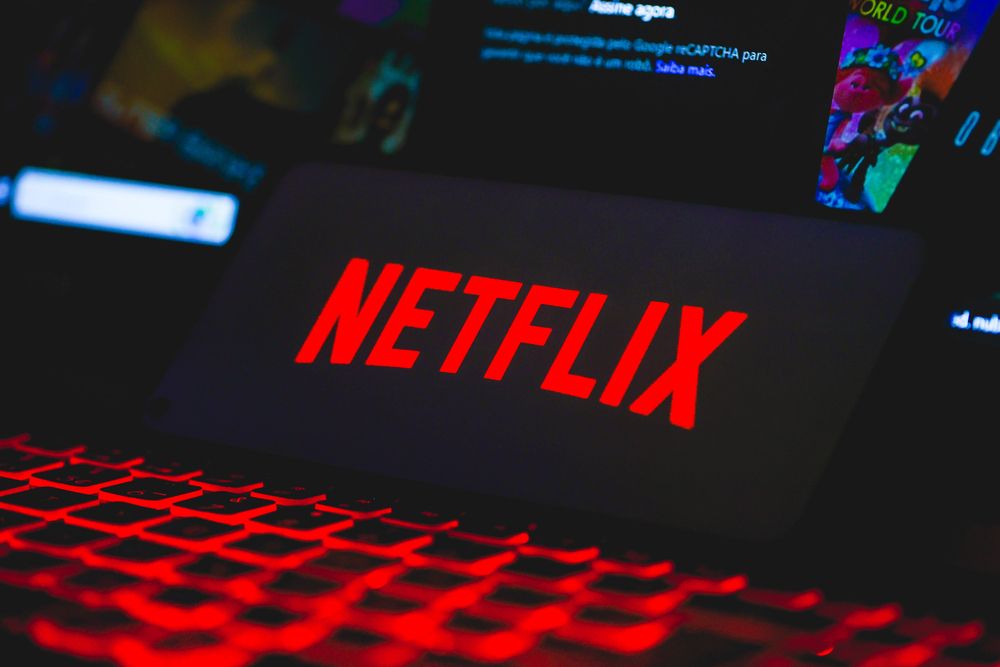
4. Streaming Isn’t the Savior Yet
Colbert’s exit joke “Netflix, call me I’m available in June. I will also entertain offers from Amazon” is more than just a joke. Streamers have experimented with late-night formats, but none have captured the nightly appointment-viewing mojo. Attempts like John Mulaney’s “Everybody’s Live!” on Netflix were adorable but didn’t top the charts. Nevertheless, platforms such as Netflix and Amazon provide creativity autonomy and worldwide reach that may be appropriate for Colbert’s incisive, timely style.
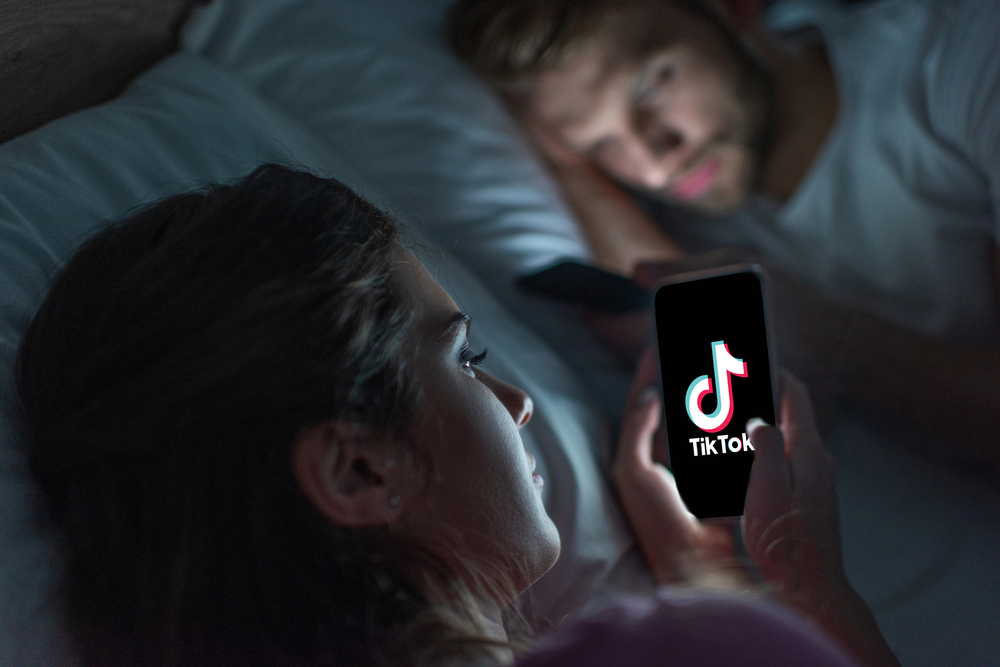
5. The Emergence of Digital-Native Talk Shows
As network late-night bleeds viewers, the digital platforms are minting stars. On Twitch, TikTok, and Instagram, personalities such as Adin Ross and the “1 Minute Talk Show” team draw audiences comparable to network ratings. Twitch in isolation has 30 million daily visitors, and its head of content expects it to “find the next Fallon or James Corden.” They are intimate, interactive, and optimized for how younger audiences watch content on-demand, in short form, and exceedingly personal.

6. Pandemic Pivot Lessons
Colbert demonstrated during lockdown that minimalist production can work. Presenting from home with his wife Evie alongside him, he gave monologues that were intimate and real. Industry observers now recognize this as a template: smaller teams, reduced budgets, and formats that would function equally well in a podcast feed as on a screen.
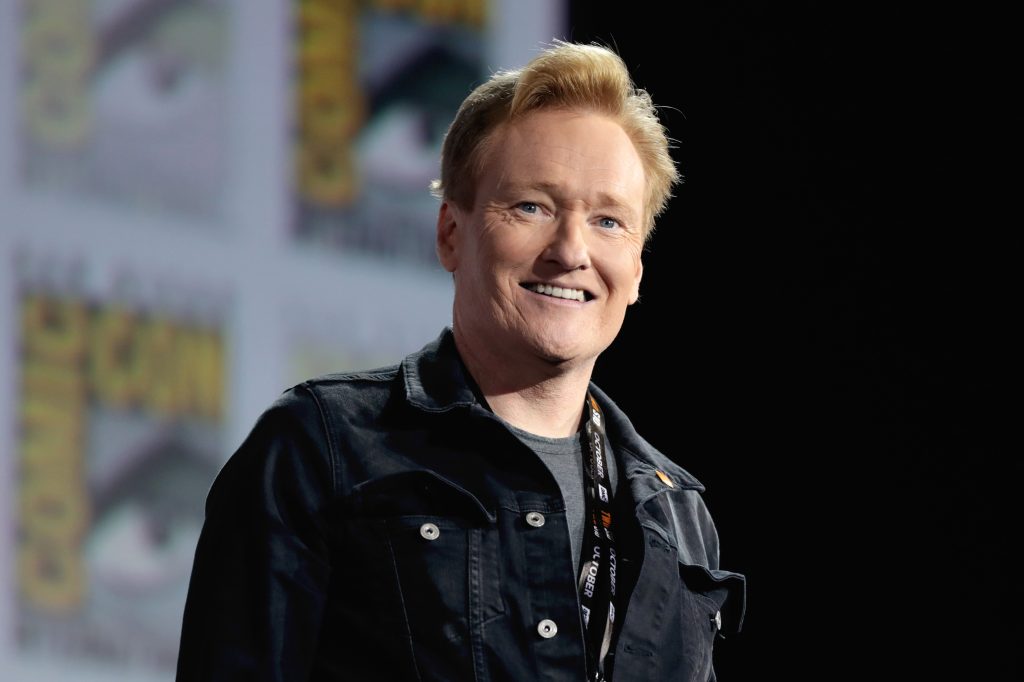
7. Podcasts as the New Late-Night
From Conan O’Brien’s $150 million podcast contract to Megyn Kelly’s six-person unit raking in millions, the math is obvious. Podcasts provide high participation, minimal overhead, and immediate audience connection. Colbert could readily take his humor and political bite and replicate it in a form that reaches younger, more powerful audiences without the albatross of a 200-member team and Manhattan studio space costs.
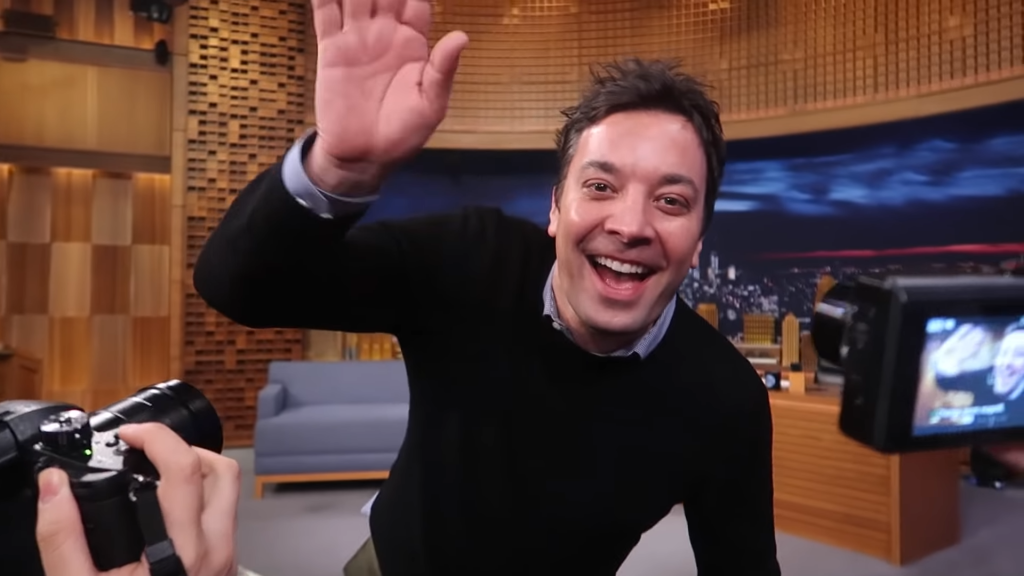
8. Cultural Relevance Beyond Ratings
Late-night retains symbolic clout. A couch spot can be a career highlight for performers, and such shows serve as brand ambassadors for their networks. Fallon’s bespoke “Wicked” musical feature assisted in driving the movie into its $800 million mark at the box office. Losing that perch means that networks have to look for new ways to create cultural “moments” that linger in the collective memory.
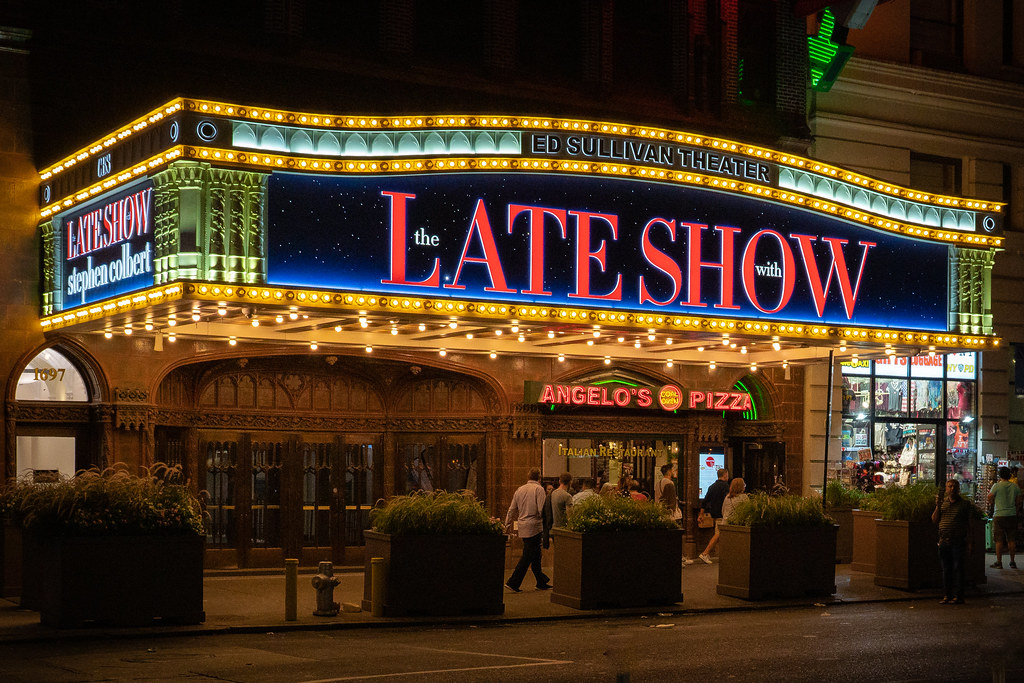
9. The Next Chapter for Colbert
Colbert’s deal expires in May 2026, but his future is settled: a leaner, meaner operation that’s his own. Whether that’s a streaming series, a podcast, or a hybrid model, he’ll continue to provide the biting political analysis and people skills that made him popular. As O’Brien said, Stephen is going to reinvent and shine brighter than ever in a new format that he owns entirely.
The demise of “The Late Show” is not the end of Colbert it’s the end of an era. The monoculture of late-night television might be dying, but the voices that defined it are being given new stages, new audiences, and new ways to make a difference.


